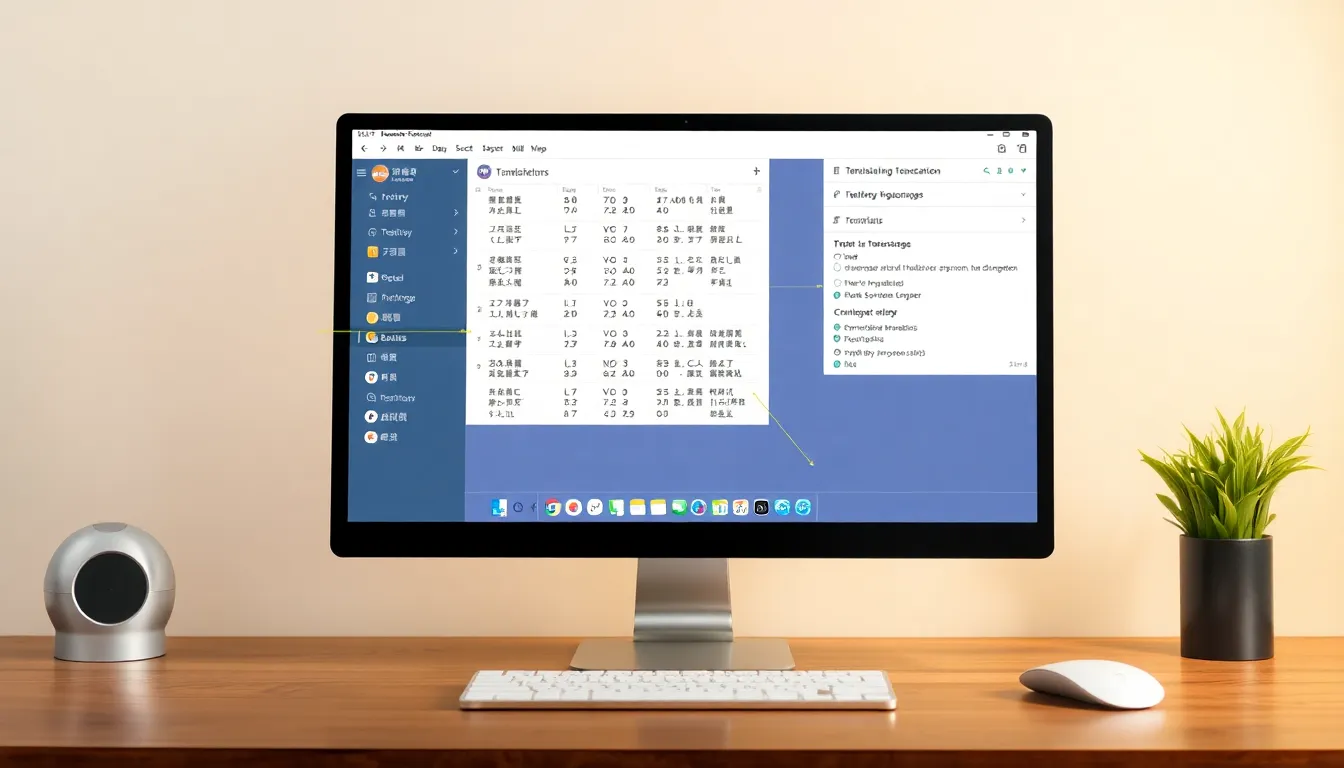Investing in real estate has long been a way to build wealth, but many people assume that you need to own property to get started. The truth is, there are several ways to participate in the real estate market without buying a house or apartment. In this article, we will explore practical strategies for how to start investing in real estate without owning property and still benefit from potential profits.
Understanding Real Estate Investment Without Ownership
Before diving into specific strategies, it’s important to understand what it means to invest in real estate without owning property. Traditionally, investing in real estate involves purchasing a home, rental property, or commercial space. However, today’s market offers alternatives such as real estate investment trusts (REITs), crowdfunding platforms, and other financial instruments that allow investors to gain exposure to real estate assets without directly managing physical properties. Learning how to start investing in real estate through these methods can open doors to passive income and portfolio diversification.
Real Estate Investment Trusts (REITs)
One of the most popular ways to learn how to start investing in real estate without owning property is through REITs. REITs are companies that own, operate, or finance income-generating real estate across different sectors, such as residential, commercial, or industrial properties. By buying shares of a REIT, you can earn dividends from the profits generated by these properties. REITs are publicly traded on major stock exchanges, making them accessible for beginners who want to understand how to start investing in real estate with minimal risk and management responsibilities.
Real Estate Crowdfunding Platforms
Another effective method to understand how to start investing in real estate without owning property is through crowdfunding platforms. Real estate crowdfunding allows multiple investors to pool their money to fund real estate projects. These platforms often provide detailed investment information, projected returns, and timelines. With relatively low minimum investments, crowdfunding makes it possible for anyone to participate in commercial or residential projects without purchasing entire properties. This approach is ideal for those who want to diversify their investments while learning the dynamics of real estate markets.
Real Estate Mutual Funds and ETFs
If you prefer a more hands-off approach, real estate mutual funds and exchange-traded funds (ETFs) offer another route to explore how to start investing in real estate without owning property. These funds invest in a variety of real estate assets, including REITs, providing diversification and professional management. By investing in a real estate mutual fund or ETF, you can gain exposure to the market’s performance without dealing with the challenges of property management or financing.
Private Real Estate Partnerships
Private real estate partnerships are another option for investors learning how to start investing in real estate without owning property. In these arrangements, a group of investors pools resources to invest in properties managed by experienced real estate professionals. This allows individual investors to participate in large-scale projects and benefit from potential profits without directly owning or managing the properties themselves.
Conclusion
Learning how to start investing in real estate without owning property is easier than many people think. From REITs and crowdfunding platforms to mutual funds, ETFs, and private partnerships, there are multiple paths for investors to gain exposure to the real estate market while avoiding the responsibilities of property ownership. By understanding these options, researching opportunities, and starting with manageable investments, anyone can begin building a real estate portfolio, generating passive income, and growing wealth over time. Mastering how to start investing in real estate without owning property opens doors to financial flexibility, long-term growth, and the chance to be part of one of the most stable investment sectors.



